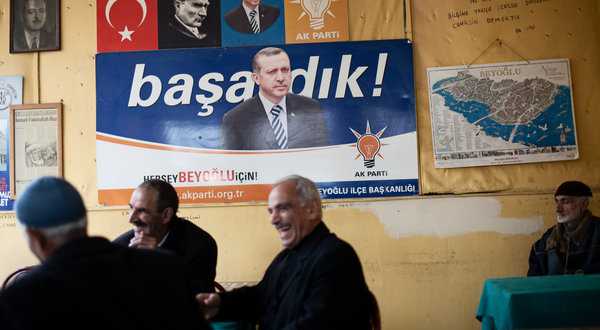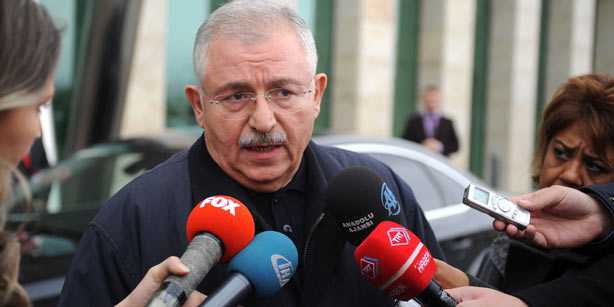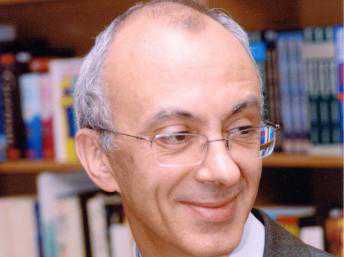Turkey has responded to French genocide allegations with a charge of its own, accusing France of committing genocide during its colonial occupation of Algeria.
Turkey’s accusation on Friday, comes a day after French legislators voted to outlaw denial of the 1915 Armenian genocide in Ottoman Turkey, now threatening to cause a huge rift between the two countries.
Personalising the standoff, Turkish Prime Minister Recep Tayyip Erdogan said on live television that the father of French President Nicolas Sarkozy might have direct knowledge about French “massacres” in Algeria where Algerians were “martyred mercilessly” and “en masse”.
“In Algeria from 1945, an estimated 15 per cent of the population was massacred by the French. This is a genocide. The Algerians were burned en masse in ovens. They were martyred mercilessly,” Erdogan said.
“If the French President Mr Sarkozy doesn’t know about this genocide he should go and ask his father, Paul Sarkozy. “His father served in the French Legion in Algeria in the 1940s. I am sure he would have lots to tell his son about the French massacres in Algeria,” the Turkish premier said.
‘Never been to Algeria’
Sarkozy’s father – actually named Pal – told BFM TV the comments were ‘completely ridiculous’.
“I have never been to Algeria. I’ve never been beyond Marseille and I was in the foreign legion for just four months,” he said.
Speaking in Prague where he attended the funeral of former Czech President Vaclav Havel, Nicolas Sarkozy responded calmly to Erdogan’s comments.
“I respect the convictions of our Turkish friends. It is a great country with a great civilisation, (but) it has to respect our convictions,” the president said.
Alain Juppe, French foreign minister, described Turkey’s reaction as “in all likelihood excessive”, but struck a conciliatory tone.
“There are many reasons to keep alive a relationship of trust and friendship between France and Turkey,” Juppe said, adding that personally he had not been in favour of the vote.
Turkish Anger
The French bill, which will be debated in the Senate next year, has caused outrage in Turkey, which argues killings took place on all sides during a fierce partisan conflict.
Erdogan condemned the bill shortly after the vote, suggesting Sarkozy was angling for ethnic Armenian votes in next year’s presidential election. He recalled Ankara’s ambassador to France for consultations and cancelled all joint economic, political and military meetings.
On Friday, he vowed to take more steps.
“We will take gradual measures as long as the current [French] attitude is maintained,” he said without elaborating, but added Turkey’s stance was not directed at the French people.
“The vote in the French parliament has shown how dangerous racism, discrimination and Islamophobia have become in France and Europe.”
Faced with Sarkozy’s open hostility to Turkey’s stagnant bid to join the European Union, and backed by a fast-growing economy, Ankara feels it has little to lose in a political fight with Paris.
Economic Muscle
The country’s economy minister weighed in late on Thursday, saying the genocide bill was based on “a crisis of jealousy”.
“There are nearly 1,000 French capital investors in Turkey. Created on the basis of trust and belief in the Turkish economy, these investments are as secure as our own investments,” Zafer Caglayan said in a written statement.
“However … the Turkish people are very sensitive regarding this issue and this cannot be ignored.”
Largely unaffected by the financial crisis dogging Western European countries, Turkey has been increasingly flexing its economic and political muscle on the world stage. France could experience some diplomatic discomfort and French firms could lose out on lucrative Turkish contracts.
“The French were warned. Turkey is showing it won’t be pushed around and that Turkey is no longer desperate for EU accession, i.e. it has other options,” said Timothy Ash, an economist at the Royal Bank of Scotland.
“Arguably Turkey now has far more vibrancy than Western Europe. There is a deep vein of opinion in Turkey that continental European opposition to Turkish EU accession is not based on rational, objective reasoning, but more like old-style stereotypes.”
France is Turkey’s fifth biggest export market and the sixth biggest source of its imports.
via Turkey accuses France of genocide in Algeria.






